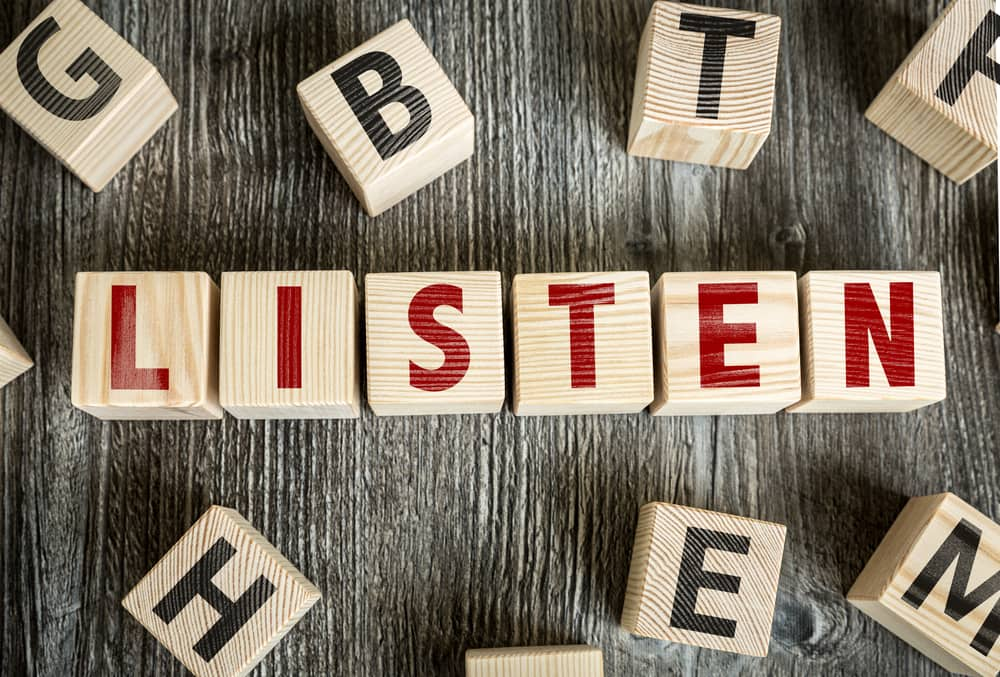We live in a world that is driven by competition. We’re frequently distracted by the need to draw comparisons with other people. You may be wondering why you’re comparing yourself to others and how it affects you and your partner. Does competitiveness serve any purpose in your relationship?
To better understand your or your partner’s need to compete, get a closer look at the nature of competitive relationships and whether it is healthy to compare yourself to your partner. This will help you learn how to recognize signs of competitive and other love avoidant behavior, and how to quit comparing yourself to others.
Is It Normal To Compare Yourself To Your Partner?
A part of being human is the awareness of the abilities, achievements, and talents of the people around you. It’s only natural that you end up drawing comparisons between yourself and others, especially people that you’re close with. Nevertheless, it can become difficult if it becomes an obsessive habit. This can become an overwhelming issue when combined with a low level of acceptance of your small flaws and imperfections.
As with many other aspects of a relationship, the context makes all the difference. While you’ll typically see a good deal of competition growing up, among school kids and siblings, sometimes even among coeds and coworkers, there’s very little place for it in an adult, intimate relationship.

There’s a clear difference between feeling envious and insecure and being respectful or in awe of your partner. If you have a habit of comparing yourself to others, especially to your partner, it’s important to be aware of the following:
- It’s based on unfair presumptions. You’ll compare the worst you know about yourself with the best you presume about your partner or others.
- Not everything that matters can be quantified. True comparisons require some unit of measurement and comparing your worth, success, and qualities, can’t be reduced to a score.
- It’s time-consuming. Wasting too much of your time on comparing yourself to others isn’t the best use of your time, especially the precious moments with your partner.
- It robs you of precious energy. Instead of putting your focus on something creative and fulfilling, you can become so distraught to even lose passion, drive, and determination to accomplish your goals.
- It’s not good enough. Attaining success doesn’t put the end to comparisons, in fact, your focus may still shift to something else.
- It often leads to resentment. Since you can’t control the object of your comparison, i.e. success and achievement of others, you’ll start to feel a strong resentment toward them and yourself. This is likely to pose an issue in your everyday life and make you avoid intimate relationships altogether.
- Everyone is unique. While you can argue that this isn’t a valid reason, as we do live interconnected lives, deep down we’re individuals with our own sets of talents, preferences, and contributions.

How Do You Know If Your Partner Is Competing With You?
You may have noticed some of the signs of competitive behavior in yourself. However, what about your partner? Here are some behaviors that may indicate that your partner is competing with you:
- They aren’t genuinely happy when you succeed. They can come across as aloof, bored, or tired. They don’t show interest in your achievements and don’t ask any questions.
- They seem resentful or even angry when you attain success. They might feel bad about themself, complain openly about their self-worth, or start to argue with you, as if you’ve done something wrong.
- They can act frustrated if you manage to complete something on their behalf, as if you’ve intended to embarrass them.
- They are trying to “outdo” you in different areas of life, whether it’s career, hobbies, friendships, or parenthood.
- They keep a list of things you did wrong and resent you for that, quietly or openly, while taking the good things for granted or ignoring them completely.
- They belittle your efforts and achievements. They use various strategies to discourage you, make you feel less worthy, or patronize you. They make you feel foolish for celebrating your accomplishments.
- They make you feel guilty for your success. They can point out the things that you’ve neglected while striving to achieve your goals, paint you as self-centered, inappropriate, or even mean.
Is Competition In A Relationship Bad?
As with anything else, you can argue that a healthy amount of competitive spirit can be used to improve your relationship in some regard. For example, you may say that your success can inspire your partner to try harder, or you can look up to your partner as a role model for their achievements.
Apart from playful competition that you may experience in leisure activities or playing board games, there are couples that compete in many other areas. This begs the question, where do you draw the line between normal and toxic competition? Coaching and mental health advocates generally agree that there’s no place for a fully fledged rivalry in a healthy relationship.
This is especially problematic when you’re undergoing important changes in life. For example, your intimate relationship changes when kids are born. If you’re overly competitive, the parent role can become just another battlefield where you try to prove your own worth. This will often come at the expense of your kid’s wellbeing, making you struggle with intimacy.
How Do I Stop Comparing Myself To My Partner?
Whether you’re noticing the negative signs of competition in yourself or your partner, or both, there are ways to free yourself from it. The key is to come to terms with your envy and low or inflated self-worth, whether it’s a result of unresolved conflicts with the father figure or attachment issues with your mother.
Some of the following points can help you cope and overcome the need to compete with your partner and improve your relationship:
- Be aware of the drawbacks of constant comparisons. As with any other bad habit, it’s useful to remind yourself of the disadvantages that come with comparing yourself. You’ll waste your time thinking about how you compare to them and begin to feel bad about yourself and start avoiding your partner. It’s essential to invest conscious effort in breaking this habit.
- Focus on your goals and achievements. It’s useful to remind yourself of your achievements and put them into a realistic and purposeful perspective.
- Practice gratitude. Don’t belittle yourself or your partner. Try to step outside of your own thinking and show gratitude for your and your partner’s achievements. This way, you’ll learn how to make a distinction between humility and self-depreciation.
- Accept the fact that nobody is perfect. While this doesn’t mean that you need to downplay the accomplishments of others, it’s best to put them in perspective. Show appreciation without drawing comparisons to your achievements. It has nothing to do with how much you’re worth. You both have something to bring to the table.
- Use yourself as a measure for your success. It’s not fair to anyone to stick to unrealistic expectations. The only relevant “metrics” at the end of the day are your sense of well-being, the precious time you have together, and your gut feeling.
- Seek inspiration. The success of your partner doesn’t have to feel like a burden. Try to learn from them instead. Try to focus more on asking good questions and show some interest. This is why active listening is so important in every relationship. It can help you grow individually and as a couple, and you’ll find joy in discovering something new together.

Improve Your Intimacy In Marriage Through PIVOT’s Intensive Workshops
If you’re wondering how to turn things around and break the habit of constantly questioning your self-worth, our personal advocates will gladly assist you. Whether you’re struggling with relationship addiction or facing other challenges in your emotional life, we are there to help. You can opt for one of our insightful individual coaching plans, or sign up for our experience-based retreat for couples, and more. We’ll gladly answer all of your questions, so reach out to us today!


















